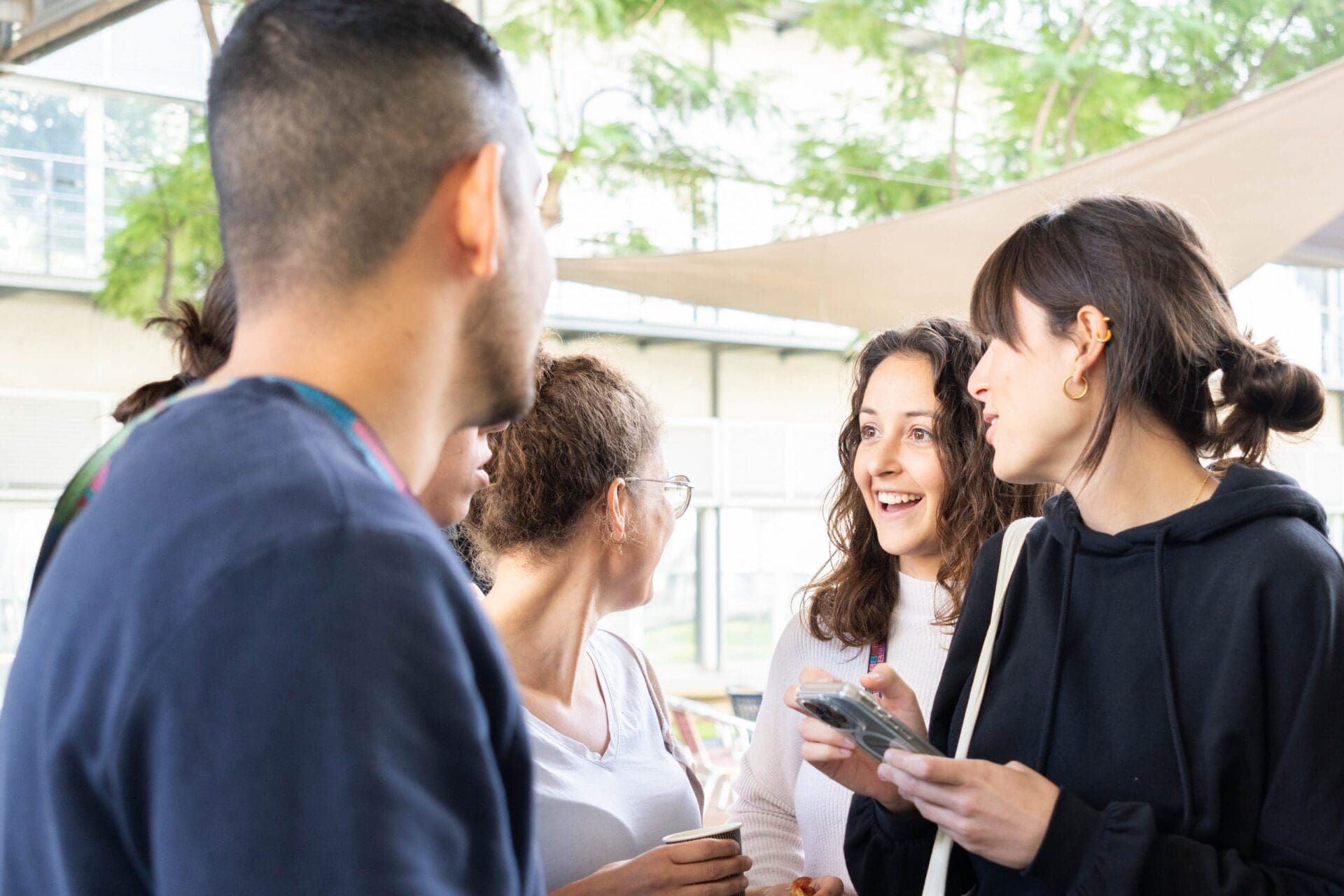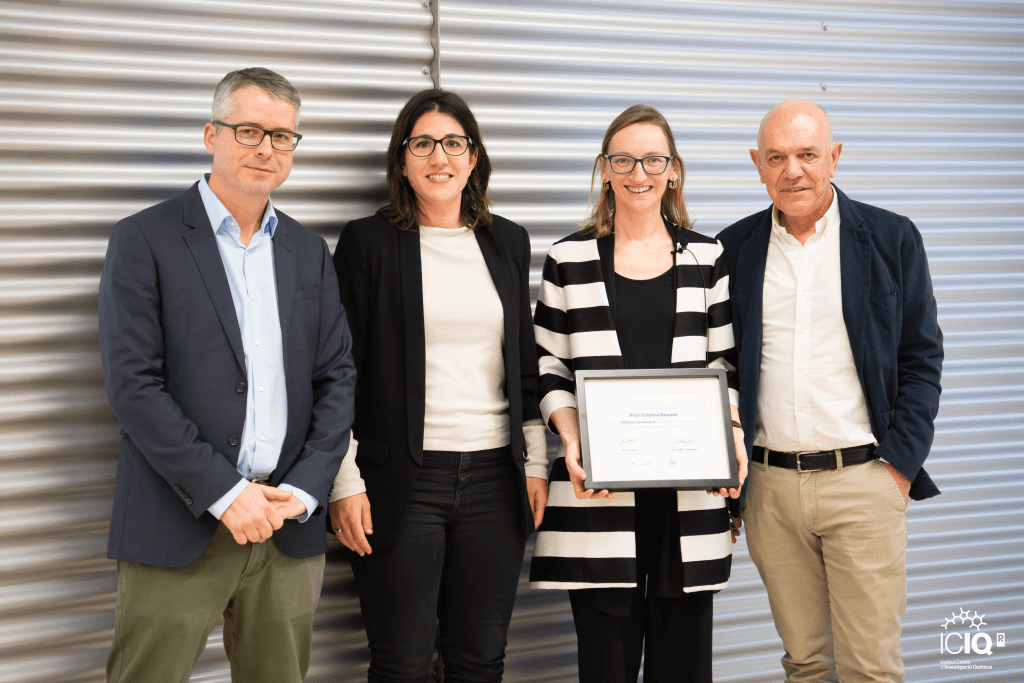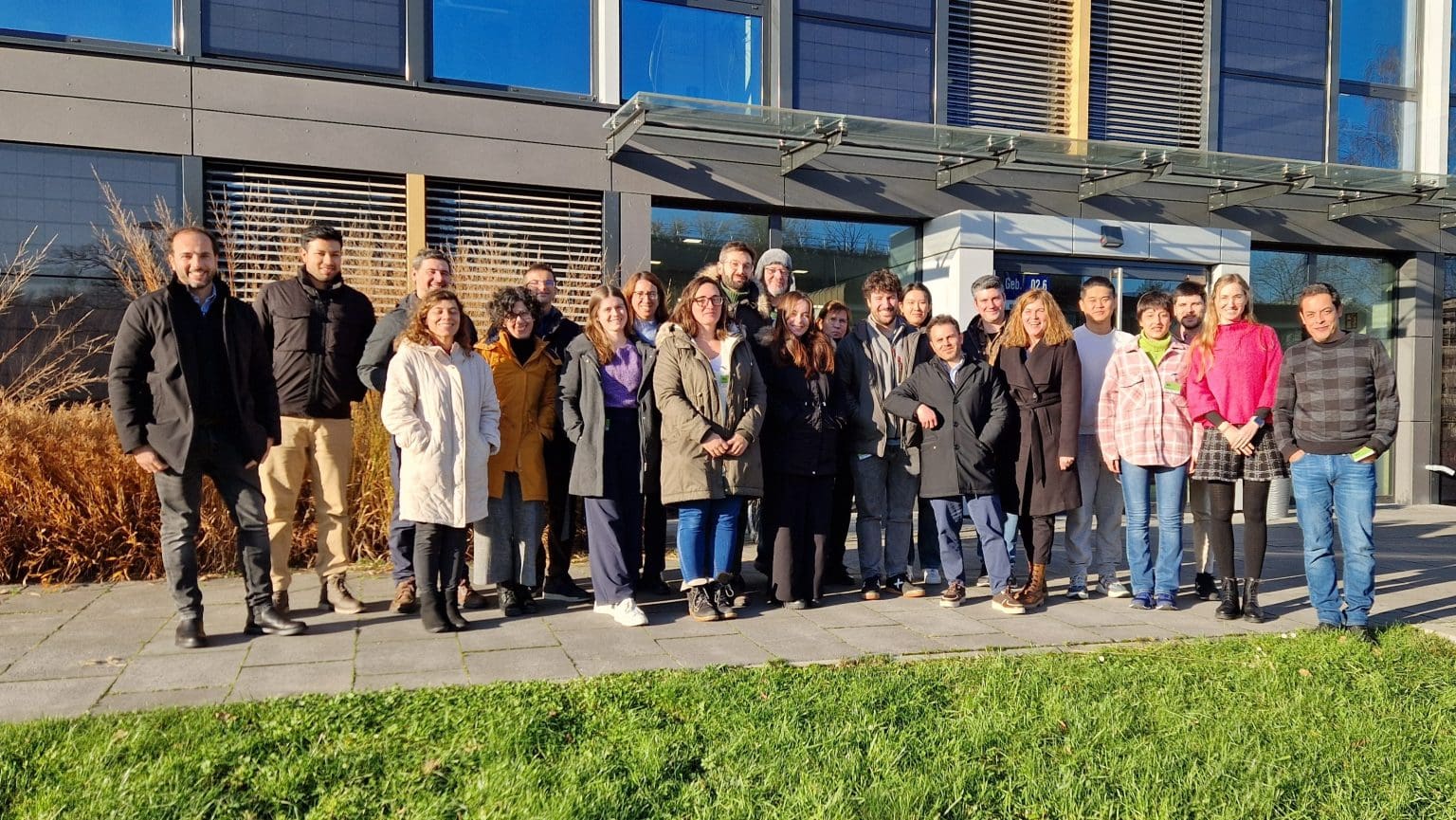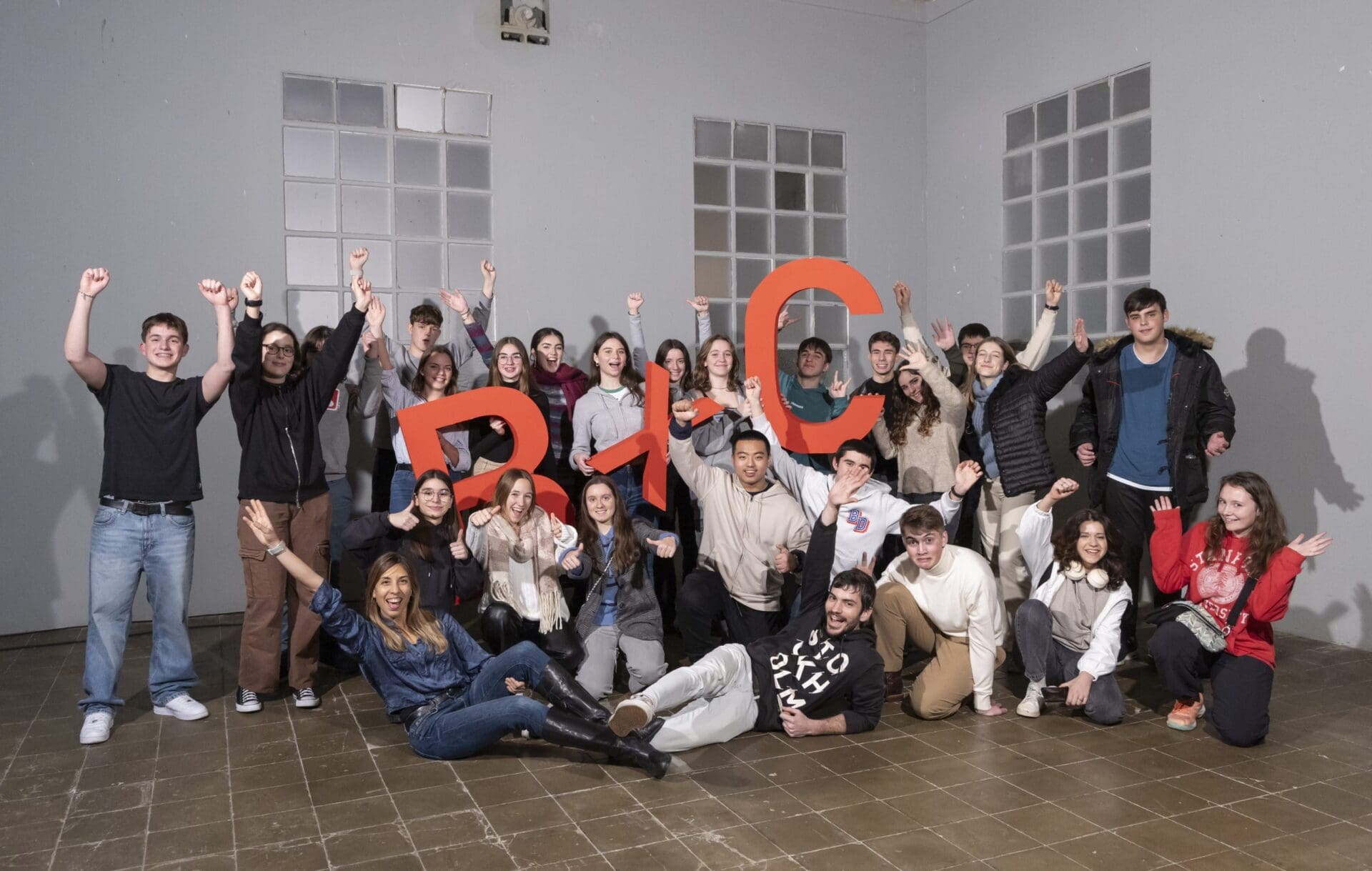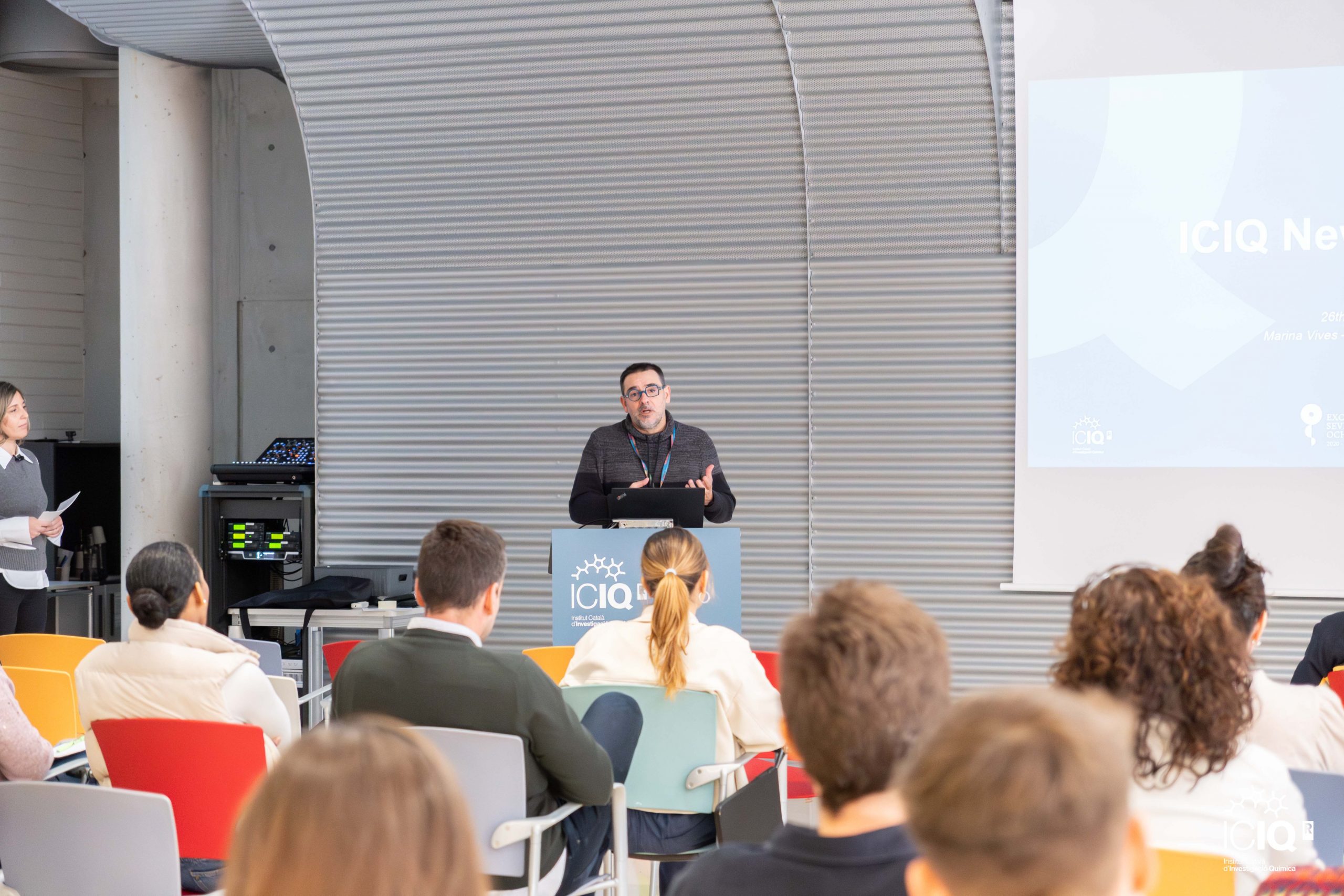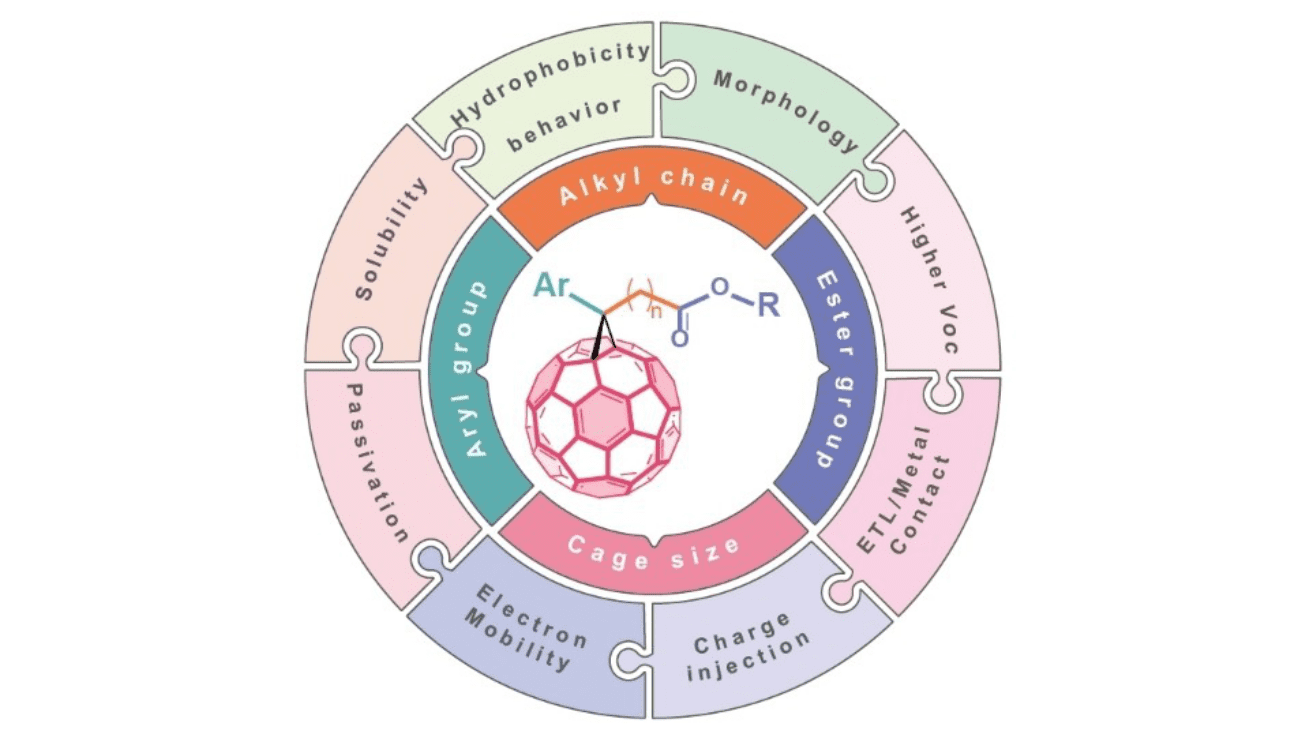ICIQ organises a conference on industrial decarbonisation bringing together leaders from business, research centres, public government and society
The conference serves to reaffirm the position of Tarragona as the epicenter of industrial decarbonisation.
Industrial decarbonisation is a priority for a government, companies and research centres such as ICIQ, who are committed to working together to accelerate a process that will enable progress towards climate neutrality and preserve the industrial competitiveness, and related job positions. This is the main mission of the conference on industrial decarbonisation that took place today. Organised by the Chemical Business Association of Tarragona (AEQT), Rovira i Virgili University (URV), Eurecat Technology Centre and Institute of Chemical Research of Catalonia, the event has brought together representatives of the Government, business and scientific and technological agents who shared their commitment to act together.

ICIQ, URV and Eurecat are working separately towards this goal and together are forming a benchmark center of science, technology, innovation and training for industrial decarbonisation. Emilio Palomares, ICIQ’s director, and Josep Pallarès, rector of the URV, reaffirmed their commitment to research and transfer this knowledge to the society. Moreover, they stressed the importance of cooperation to overcome industrial decarbonization and climate neutrality.
Albert Castellanos, Secretary for Business and Competitiveness of the Generalitat de Catalunya, also pointed out the importance of taking on the challenge collectively and the fact that it is being taken forward from Tarragona, where there are already decarbonisation and renewable hydrogen projects underway. “It is important that we all join in, with an open-minded approach to the solutions. It is a question of halting global stagnation, but also of being competitive at a business level, which will be achieved by supporting sustainability and energy efficiency”, said Castellanos. He also referred to the new created Centre Català per a la Descarbonització de la Indústria, which he defined as a “pragmatic response to urgent challenges”, and to the new PERTE de la descarbonització planned for September, and reiterated the Catalan government’s commitment to helping companies make the ecological transition.
For her part, Mireia Boya, Director General of Environmental Quality and Climate Change of the Government, stressed that complying with the commitments set at international level regarding sustainability is, above all, an opportunity for savings, a market opportunity and, therefore, a competitive advantage for companies. Boya emphasize that, up to 2023, there has been a 36% reduction in CO2 emissions, “which means that companies have taken action”, but that there is still a long way to go to reach a 63% reduction by 2030 and climate neutrality by 2050. The Climate Change Law, which the government has just developed, must be key in this regard. “We must all get behind it, including the public and the business sector, accompanied by the government”, he concluded.
Ignasi Cañagueral, president of the Chemical Business Association of Tarragona (AEQT) and director of DOW in Tarragona, highlight the importance of defining projects to capture, use and store CO2 for the industry to remain competitive. Cañagueral also believes that progress needs to be made in harmony with society. “We want to have strategic autonomy from Tarragona to work for Europe, and to have the best technologies, but always with social support,” he said.
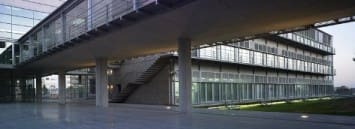
The director of the Centre for Research and Innovation in CO2 and Hydrogen of the Khalifa University in Abu Dhabi, Lourdes Vega, gave a presentation of the present and future of industrial decarbonisation, in which she pointed out that in recent years progress has been made in decarbonisation, but there is still much room for improvement. “We need to make radical changes, with investment and groundbreaking projects”, said Vega, who accentuated the role that renewable energies and energy efficiency must play alongside other paths towards decarbonisation, such as hydrogen, carbon dioxide capture and electrification.
The conference hosted two round tables, one on the industrial perspective of decarbonisation and the other on the scientific and technological perspective, and was completed with a visit to the laboratories, pilot plants and R+D+I projects under development at the URV, ICIQ and Eurecat.
ICIQ, URV and Eurecat have excellent research groups working on chemical reactivity, sustainable processes and energy, as well as on characterisation and reactivity led by the research teams. They have developed technologies such as membranes, adsorbents, catalysts and bio-reactants and have advanced reactors to produce chemical products and synthetic fuels from carbon dioxide and renewable hydrogen, and laboratories for the development of circular solutions in products and processes. All in all, knowledge and infrastructures aimed at enabling Catalan industry with technological solutions that enable it to decarbonise its production processes.

The event finished with a tour to visit labs and pilot plants of ICIQ, URV and Eurecat.
Related news

Let's create a brighter future
Join our team to work with renowned researchers, tackle groundbreaking
projects and contribute to meaningful scientific advancements






 11-12-2024
11-12-2024 